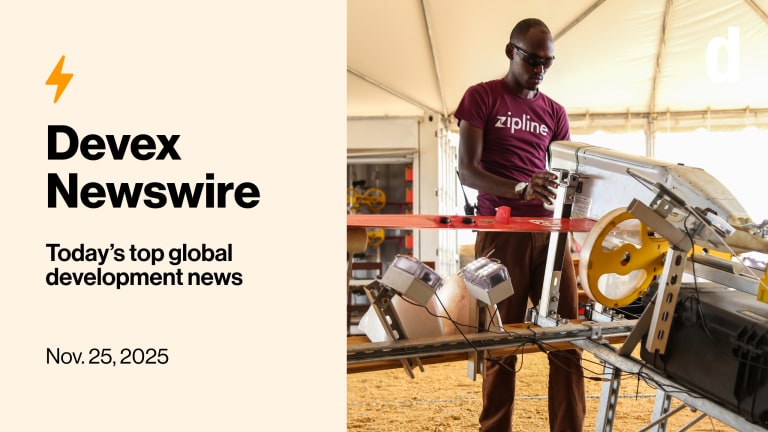Days before the G20 Leaders Summit, S&P Global lifted South Africa’s credit rating for the first time in two decades — bringing long-awaited reprieve to a country that’s highlighted Africa’s high cost of capital throughout its G20 presidency this year.
South Africa’s credit rating — a key signal of how risky it is to lend to the country, and therefore how expensive its borrowing will be — was upgraded from a BB- to a BB. S&P Global cited improved tax systems, expenditure constraints, gross domestic product growth, and reform across the country’s electricity, transportation, and water systems as reasons behind the change.
“While South Africa remains below investment grade, the upgrade is significant,” said Ronald Lamola, South Africa’s minister of international relations and cooperation, at a G20 press briefing. “It lowers borrowing cost, broadens the investor base, and signals renewed confidence in the country's reform trajectory.”








